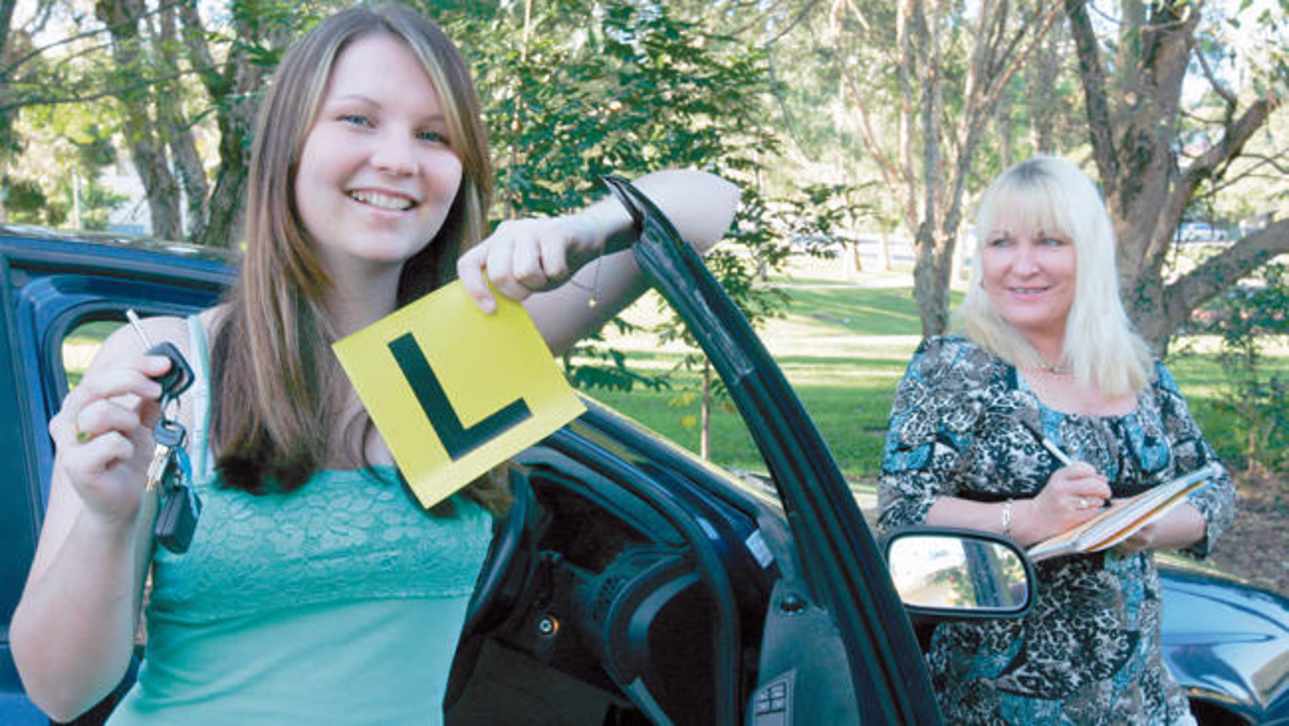The GPS system would particularly benefit the parents of young drivers, who incur larger car insurance premiums. Similar systems are in place in the US, and the University of Sydney found 60 per cent of Australians in a GPS-tracking experiment reduced risky driving when even a small financial benefit was the reward.
The 10-week study, by Stephen Greaves and Simon Fifer from the university’s Institute of Transport and Logistic Studies, looked at whether people would accept having GPS tracking systems in their cars to monitor risky driver behaviour such as driving at night or speeding, if they were offered financial incentives such as cheaper insurance.
The researchers tracked the driving patterns of 148 motorists before and after the introduction of a charging regime. They were rewarded for any net reductions in overall kilometres, night driving, and speeding in the after period. The study found 65 per cent of participants earned a financial reward, averaging $116 but with some as high as $619.
“Speeding (which was the easiest thing to change) was reduced substantially following imposition of the charging scheme although a ‘hard core’ of perennial speeders remain. It is not conclusive to what extent this was due to the money or the monitoring, but is likely a function of both,” the research report says.
It notes that the VKT (Vehicle Kilometres Travelled) was reduced by a significant 11 per cent overall. “However, the sample was equally split on those decreasing/increasing VKT, highlighting for many the difficulties involved in reducing car-dependency,” the report says.
“While undoubted challenges remain, GPS technology opens up the possibility for developing greater equity in charging systems that reflect not just the kilometres driven but when, where and how they are driven.”
The research was partly funded by Suncorp, part of the giant AAMI insurance group. AAMI Corporate Affairs Manager Reuben Aitchison says the results show potential for reducing risky driving behaviour.
“This research and similar initiatives overseas give every indication that this approach and technology has definite potential for the future,” he says. “It’s an interesting area of study, in the sense that it incentivises risk management behaviour at a personal level.
"Too many people are happy to carry on with risky driving behaviours, holding fast to this ‘it’ll never happen to me’ belief. As the country’s biggest car insurer, we have ample evidence that it most certainly does happen to people and with alarming regularity."
However Aitchison says there are currently no plans to implement a GPS tracking scheme. "We have no plans to do anything at the moment, but it definitely has potential for the future," Aitchison says.
"The study looked at using a GPS patched into a computer program which logged data and studied whether we could change risky driver behaviour with incentives such as financial rewards or a discount on insurance premiums."
Most insurance companies already reward safe driving by offering discounts to drivers, the longer they go without an at-fault accident. A GPS monitoring system would take that further and offer financial incentives based on driver behaviour.
There are several such systems in the US. The latest has been launched in California and Texas by the American Automobile Association, called ACE Teen Pilot Program.
When parents sign up for the program, they are sent a GPS device that tracks driving habits, offering a pay-as-you-drive insurance program that measures mileage and charges higher insurance rates for customers who use their vehicle more often and a "teen safety" program that monitors acceleration, braking and times, and allows parents to log in and check on their children's driving habits. AAA says it may also supply data from monitoring devices to law enforcement agencies, if necessary.
Two other American insurance companies offer insurance discounts in return for a high-tech invasion of their driving privacy. One uses a device that plugs into the car's on-board diagnostic port and the other uses a smartphone app to give drivers instant feedback on their driving habits. That feedback is not reported back to the insurance company.
Motorist and mother Lorin Plumrdge says she would welcome a monitoring system for her learner-driver daughter Nikeisha, 16.
"Yes, it would be encroaching on their privacy, but we pay for the car, rego, insurance and fuel, so I believe we are entitled to know that if she says she is going from A to B that is what she is doing," she says.
"You want to track them for their own safety and so you know what's going on. The icing on the cake would be the cheaper insurance which also helps them in the long run as well, because they would be on a cheaper premium when they start paying for it themselves."
Nikeisha likes the idea of lower insurance premiums, but is concerned about a lack of privacy. "I think it would be ok for the insurance thing, but tracking you down would be a concern after you get off your P plates," she says. "I suppose Facebook can be an invasion of privacy too, but I'm friends with my mum so she sees what I put on there and I suppose this (tracking device) wouldn't be as much of a concern because at least it's for good use."







.jpg)
.jpg)
.jpg)

.jpg)








Comments